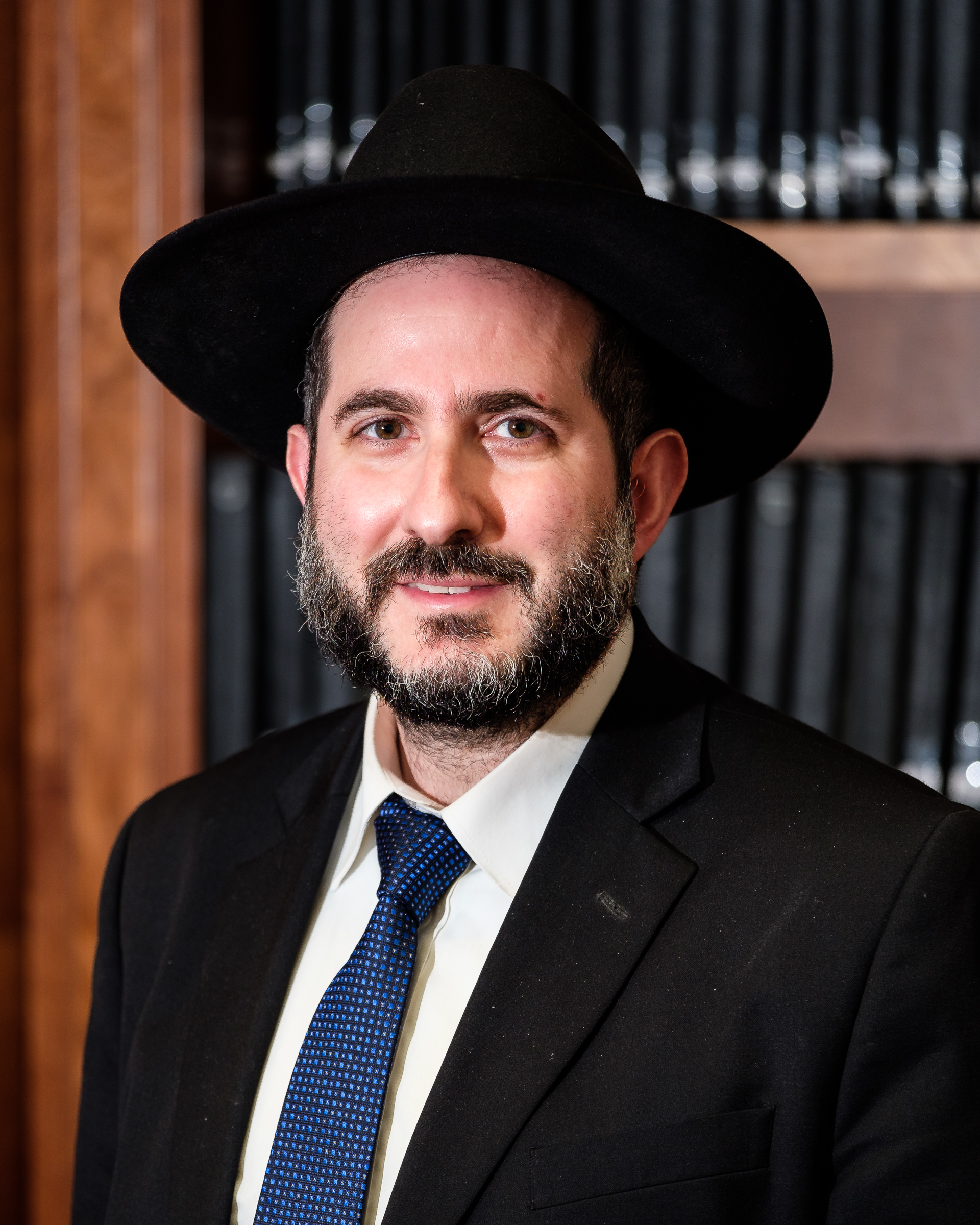From My Kitchen Window

When I moved to Baltimore, almost five years ago, I met so many wonderful people and discovered a network of chesed organizations, frum magazines, and well-stocked kosher stores and restaurants. I also found my favorite spot in our house: the window by the kitchen table. It faces the backyard and acts like a camera capturing the changing seasons, animal visits, and other scenes throughout the year.
This morning, as I sit down to a breakfast of a Goldberg’s blueberry gluten-free bagel with cream cheese, I roll up the blinds to the top of the window and breathe in the beauty of the fall foliage. A massive tree with orange and golden leaves rises above my neighbor’s fence and reaches almost to the azure sky. When the sun comes out behind a puffy, white cloud, the leaves of that tree sparkle and dance, holding on for dear life. Other, smaller trees shared by several neighbors still have their colorful leaves, but not the one tree in our own backyard.


















